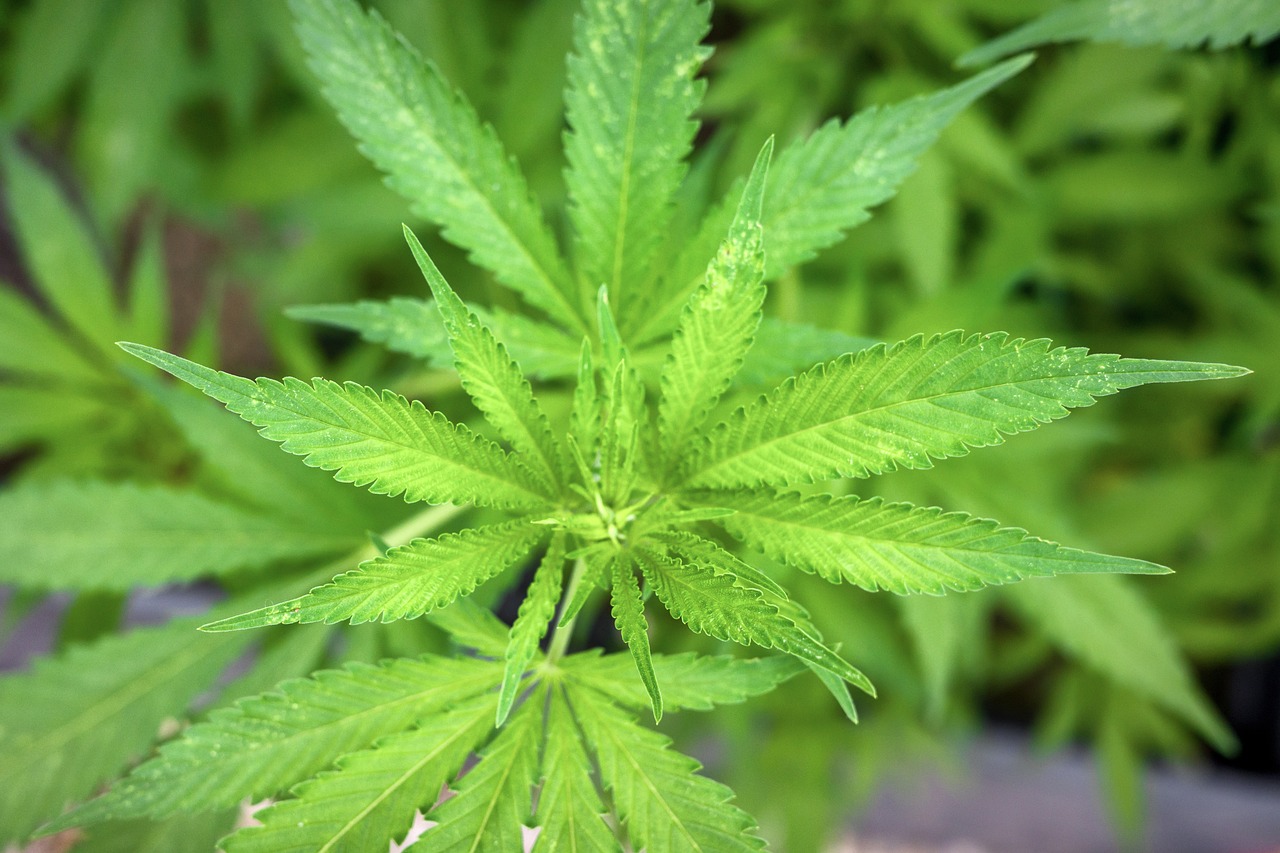
Power of THCA Flower
-
Table of Contents
The Power of THCA Flower: Exploring Its Therapeutic Potential
In recent years, the cannabis plant has garnered significant attention for its potential health benefits. Among the various compounds found in cannabis, THCA (tetrahydrocannabinolic acid) has emerged as a subject of interest. Unlike THC, THCA is non-psychoactive, meaning it does not produce the “high” associated with cannabis use. This article delves into the therapeutic potential of THCA flower, examining its benefits, applications, and the science behind its effects.
Understanding THCA
THCA is a cannabinoid found in raw and live cannabis plants. It is the precursor to THC, the compound responsible for the psychoactive effects of cannabis. When cannabis is heated through smoking, vaping, or cooking, THCA undergoes decarboxylation, converting into THC. This transformation is why raw cannabis does not produce the same psychoactive effects as its heated counterpart.
Non-Psychoactive Nature
One of the most appealing aspects of THCA is its non-psychoactive nature. This makes it an attractive option for individuals seeking the therapeutic benefits of cannabis without the mind-altering effects. This characteristic opens the door for a broader range of applications, particularly in medical contexts.
Therapeutic Benefits of THCA
Research into the therapeutic potential of THCA is still in its early stages, but preliminary findings are promising. Here are some of the key areas where THCA shows potential:
- Anti-Inflammatory Properties: Studies suggest that THCA may have potent anti-inflammatory effects. This could make it beneficial for conditions such as arthritis, inflammatory bowel disease, and other inflammatory disorders.
- Neuroprotective Effects: Research indicates that THCA may have neuroprotective properties, potentially offering benefits for neurodegenerative diseases like Alzheimer’s and Parkinson’s.
- Anti-Nausea and Appetite Stimulation: THCA has shown promise in reducing nausea and stimulating appetite, which could be beneficial for patients undergoing chemotherapy or those with eating disorders.
- Antioxidant Properties: The antioxidant properties of THCA may help in protecting cells from damage caused by free radicals, contributing to overall health and wellness.
Case Studies and Research
Several case studies and research projects have highlighted the potential benefits of THCA. For instance, a study published in the “British Journal of Pharmacology” found that THCA exhibited significant anti-inflammatory effects in animal models. Another study in “Phytomedicine” demonstrated the neuroprotective properties of THCA, suggesting its potential in treating neurodegenerative diseases.
In a notable case, a patient with severe epilepsy reported a significant reduction in seizure frequency after incorporating THCA into their treatment regimen. This anecdotal evidence aligns with preclinical research suggesting that THCA may have anticonvulsant properties.
Methods of Consumption
There are various ways to consume THCA, each with its own set of benefits:
- Raw Cannabis Juice: Juicing raw cannabis leaves and flowers is a popular method to consume THCA. This method preserves the cannabinoid in its natural form, providing the full spectrum of benefits without psychoactive effects.
- Tinctures and Oils: THCA tinctures and oils offer a convenient way to incorporate this cannabinoid into your daily routine. These products can be taken sublingually or added to food and beverages.
- Topicals: THCA-infused topicals, such as creams and balms, can be applied directly to the skin. This method is particularly useful for targeting localized pain and inflammation.
Legal Status and Accessibility
The legal status of THCA varies by region. In some areas, THCA is classified similarly to THC, while in others, it is considered a separate compound with different regulations. It’s important to research the laws in your area before purchasing or using THCA products.
Despite these legal complexities, the accessibility of THCA is increasing. Many dispensaries and online retailers now offer a range of THCA products, making it easier for consumers to explore its potential benefits.
Future Directions
The future of THCA research looks promising. As more studies are conducted, our understanding of this cannabinoid’s therapeutic potential will continue to grow. Researchers are particularly interested in exploring the synergistic effects of THCA with other cannabinoids and terpenes, a phenomenon known as the “entourage effect.”
Additionally, advancements in cannabis cultivation and extraction techniques are likely to improve the availability and quality of THCA products. This will enable more precise dosing and better consistency, further enhancing the therapeutic potential of this fascinating compound.
Conclusion
THCA flower holds significant promise as a therapeutic agent. Its non-psychoactive nature, combined with its potential anti-inflammatory, neuroprotective, anti-nausea, and antioxidant properties, makes it a compelling option for those seeking the benefits of cannabis without the high. While research is still in its early stages, the existing evidence suggests that THCA could play a valuable role in the future of medical cannabis.
As our understanding of THCA continues to evolve, it is likely that this cannabinoid will become an increasingly important component of cannabis-based therapies. Whether through raw cannabis juice, tinctures, or topicals, there are numerous ways to incorporate THCA into your wellness routine. With ongoing research and growing accessibility, the therapeutic potential of THCA flower is an exciting frontier in the world of cannabis medicine.